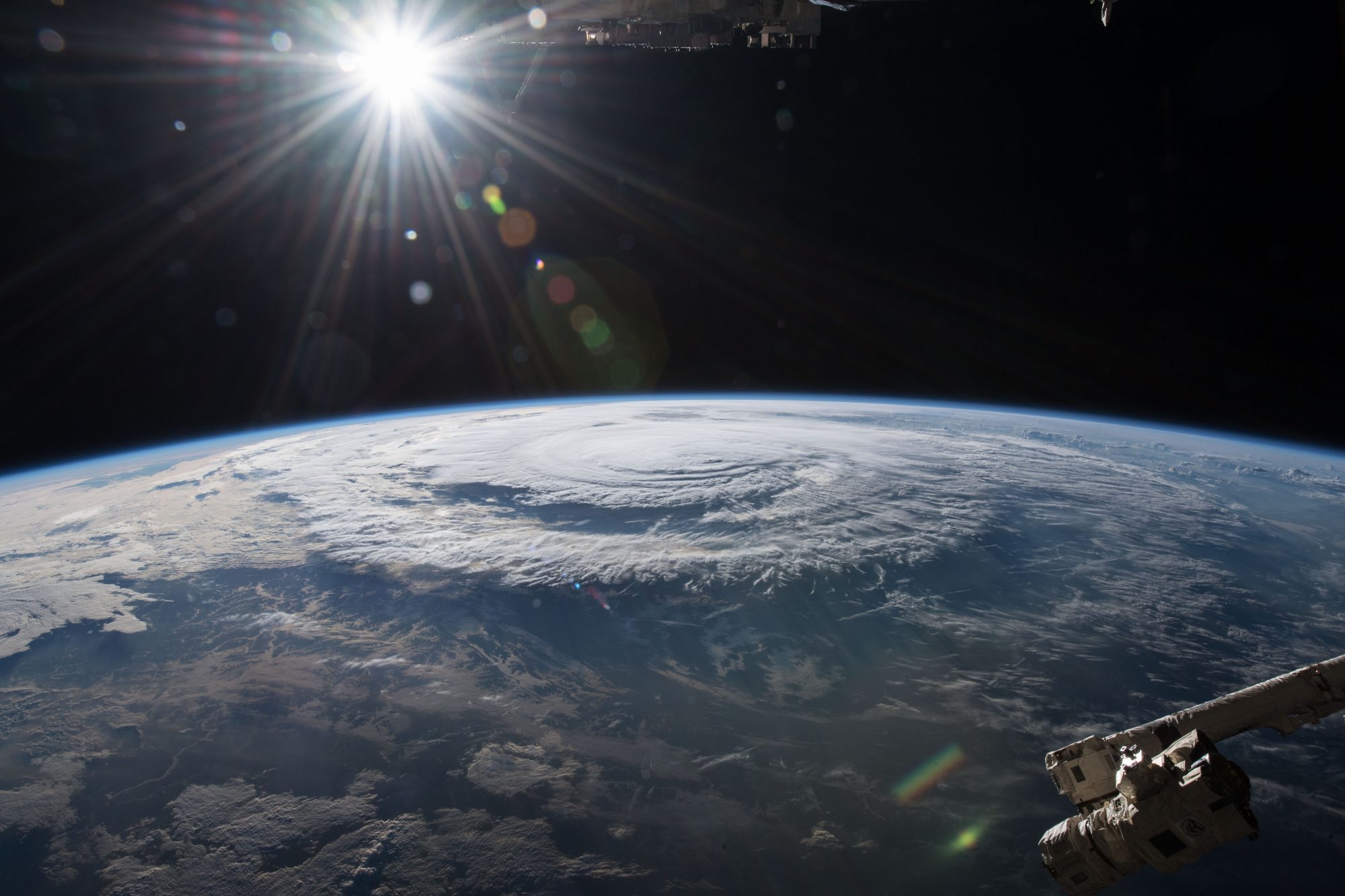The argument the universe is eternal based on matter/energy cannot be created or destroyed is a misunderstanding of the first law of thermodynamics.
The first law states:
“In general, the conservation law states that the total energy of an isolated system is constant; energy can be transformed from one form to another, but can be neither created nor destroyed.”
https://en.wikipedia.org/wiki/Laws_of_thermodynamics
“Within an isolated system, the total energy of the system is constant, even if energy has been converted from one form to another. (This is another way of stating the law of conservation of energy: that energy can not be created or destroyed but merely converted from one form to another.)”
https://www.britannica.com/science/laws … modynamics
The law of conservation of energy (and matter) states:
The law of conservation of energy states that the total energy of an isolated system remains constant; it is said to be conserved over time. In the case of a closed system the principle says that the total amount of energy within the system can only be changed through energy entering or leaving the system.
https://en.wikipedia.org/wiki/Conservation_of_energy
The law only applies to an isolated or closed system. Obviously if a system is open and not isolated, matter/energy can enter and leave that system.
What is claimed is God created the system (universe) and added energy/matter into the universe. Even in a “naturalistic” explanation such as a multiverse, our universe would be created from something outside our universe.
So, the first law does not show our universe is infinite in age.
https://debatingchristianity.com/forum/viewtopic.php?p=1150488#p1150488
Option 1 is not possible because of the second law of thermo.
“The second law of thermodynamics states that in a natural thermodynamic process, the sum of the entropies of the interacting thermodynamic systems never decreases.”
https://en.wikipedia.org/wiki/Laws_of_thermodynamics
Second Law of Thermodynamics: every energy transfer that takes place will increase the entropy of the universe and reduce the amount of usable energy available to do work (or, in the most extreme case, leave the overall entropy unchanged). In other words, any process, such as a chemical reaction or set of connected reactions, will proceed in a direction that increases the overall entropy of the universe.
https://www.khanacademy.org/science/ap- … modynamics
The amount of usable energy in the universe is constantly decreasing. At some finite point in the life of the universe, there will be no usable energy in the universe. This is called the heat death. At this point, the universe will have a uniform temperature and it’s not possible for any work to happen.
The heat death of the universe (also known as the Big Chill or Big Freeze)[1][2] is a hypothesis on the ultimate fate of the universe, which suggests the universe will evolve to a state of no thermodynamic free energy, and will therefore be unable to sustain processes that increase entropy. Heat death does not imply any particular absolute temperature; it only requires that temperature differences or other processes may no longer be exploited to perform work. In the language of physics, this is when the universe reaches thermodynamic equilibrium.
https://en.wikipedia.org/wiki/Heat_deat … e_universe
Since we are not experiencing heat death currently, the universe is not option 1.
https://debatingchristianity.com/forum/viewtopic.php?p=1150745#p1150745
